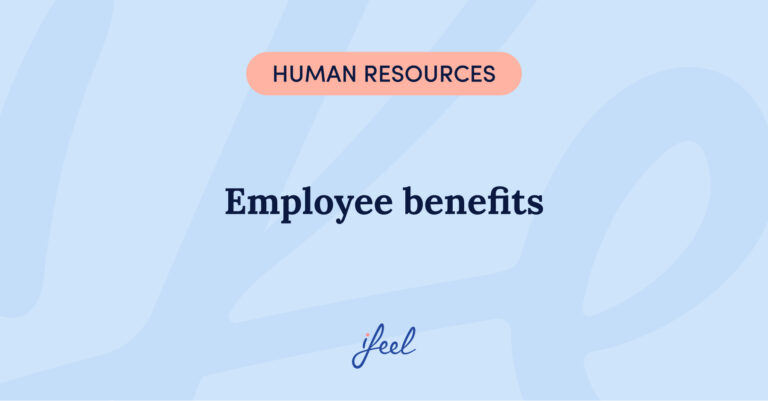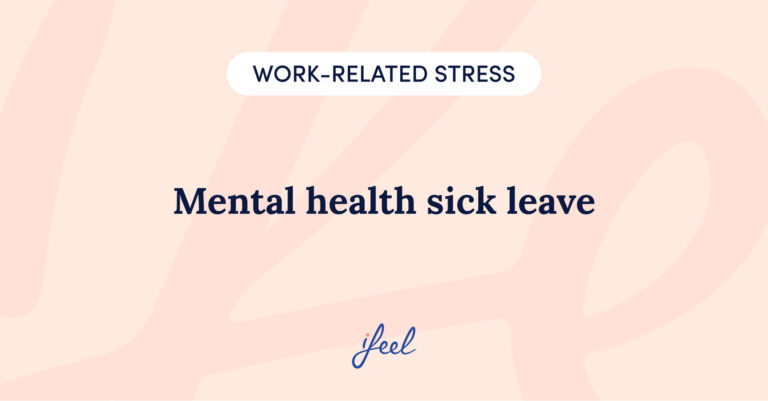If you were asked to evaluate the environment in your workplace, what aspects would you highlight? Would you describe it as an environment where you can express your ideas or, on the contrary, as one in which you are afraid of making a mistake because of the pressure surrounding you?
It is this subjective experience of the workplace that Harvard Business School professor Amy Edmonson calls “psychological safety”, highlighting it as crucial to the success of any team.
Psychological safety at work is a concept that has become increasingly relevant in the world of work. As organisations seek to foster innovation, creativity, and employee well-being, psychological safety stands out as one of the key elements in achieving these goals.
Although it was once common to find leaders who used fear as a strategy to “motivate” their employees, fear has been shown to inhibit learning and cooperation, making this leadership style increasingly obsolete. In contrast, organisations that foster psychological safety at work make learning behaviours, such as sharing information, asking for help, or experimenting, more likely, in turn to increase the level of employee satisfaction and the evolution and growth of the company.
What is psychological safety at work?
Psychological safety refers to employees’ perception that they can express their thoughts, ideas, and concerns at work without fear of retaliation or negative criticism. In other words, it refers to a work environment in which interpersonal trust and mutual respect are the team’s characteristics and encourage people to be themselves.

Therefore, fostering psychological safety at work is fundamental to creating proactive and motivated teams. The aim is that employees feel comfortable being themselves – without feeling that they are being judged for it – and that they have space to nurture their talents and creativity.
By fostering safe spaces, people do not feel pressured or fear mistakes, as these are understood as opportunities for improvement and innovation.
Benefits of psychological safety at work
Promoting psychological safety at work brings multiple benefits to organisations, including the following:
- Encourages creativity and innovation: When employees feel safe to express their ideas, they are more willing to take risks and think innovatively. This can lead to the generation of creative ideas and solutions to work challenges.
- Improves mental well-being: Psychological safety reduces stress and anxiety at work, as people will not need to constantly worry about how they will be perceived or whether they will be punished for their opinions, which contributes to their mental and emotional well-being.

- Increases productivity: When employees feel safe and valued at work, their commitment increases, and they are willing to give their best. This leads to an increase in productivity and overall performance.
- Encourages collaboration: In line with the previous point, psychological safety fosters a work environment where people are willing to collaborate and support each other. As a result, stronger relationships are built among employees, which in turn strengthens teamwork.
- Retains talent: Organisations that foster psychological safety tend to retain employees longer. Workers feel valued and appreciated, which reduces turnover and saves resources in finding and training new employees.
How can we foster psychological safety at work?
In previous articles, we talked about how a negative work environment can be one of the sources of psychosocial risks at work if not properly managed. For this reason, leaders and managers must generate strategies that allow them not only to prevent such risks but also to foster optimal workspaces that allow workers to grow.

Here are 4 recommendations for you to start boosting psychological safety at work:
- Take care of leadership style: Leaders must set the tone by showing empathy, listening actively, being close to the team, and setting an example by admitting their mistakes. This creates an environment where others feel more confident to do the same. In addition, you should encourage your team’s professional development by offering appropriate opportunities.
- Maintain open communication: To develop a safe environment, encouraging open and honest communication at all levels of the organisation is essential. Employees must feel that their opinions are valued and have a channel to express their concerns, worries, or questions.
- Learn from mistakes: Rather than punishing mistakes, organisations should view them as learning opportunities. Celebrating learning and continuous improvement can create an environment where mistakes are not stigmatised.
- Offer soft skills training: Offering training in communication skills, conflict resolution, and emotion management can help each employee foster psychological safety, helping to maintain a positive environment within each team.
Psychological safety in companies
As we have discussed above, psychological safety at work is not just one more of the potential social benefits for employees but represents a crucial factor for the success of today’s organisations.
At ifeel, we know that fostering an environment where employees feel safe to express their thoughts and be themselves not only improves workers’ mental well-being, but also boosts creativity, innovation, and overall company performance.

For this reason, ifeel has developed a mental well-being solution designed by its expert psychologists to help companies put employee psychological health care at the heart of their corporate culture.
Thanks to this partnership, HR managers can receive personalised, data-driven advice on how to get the most out of their teams and take better care of the psychological well-being of the people in them. Try our programme now to see how it could help you.
We hope you found this post about psychological safety at work interesting. If you would like more information about our mental well-being solution for companies, simply request it, and we will get in touch with your team as soon as possible.











